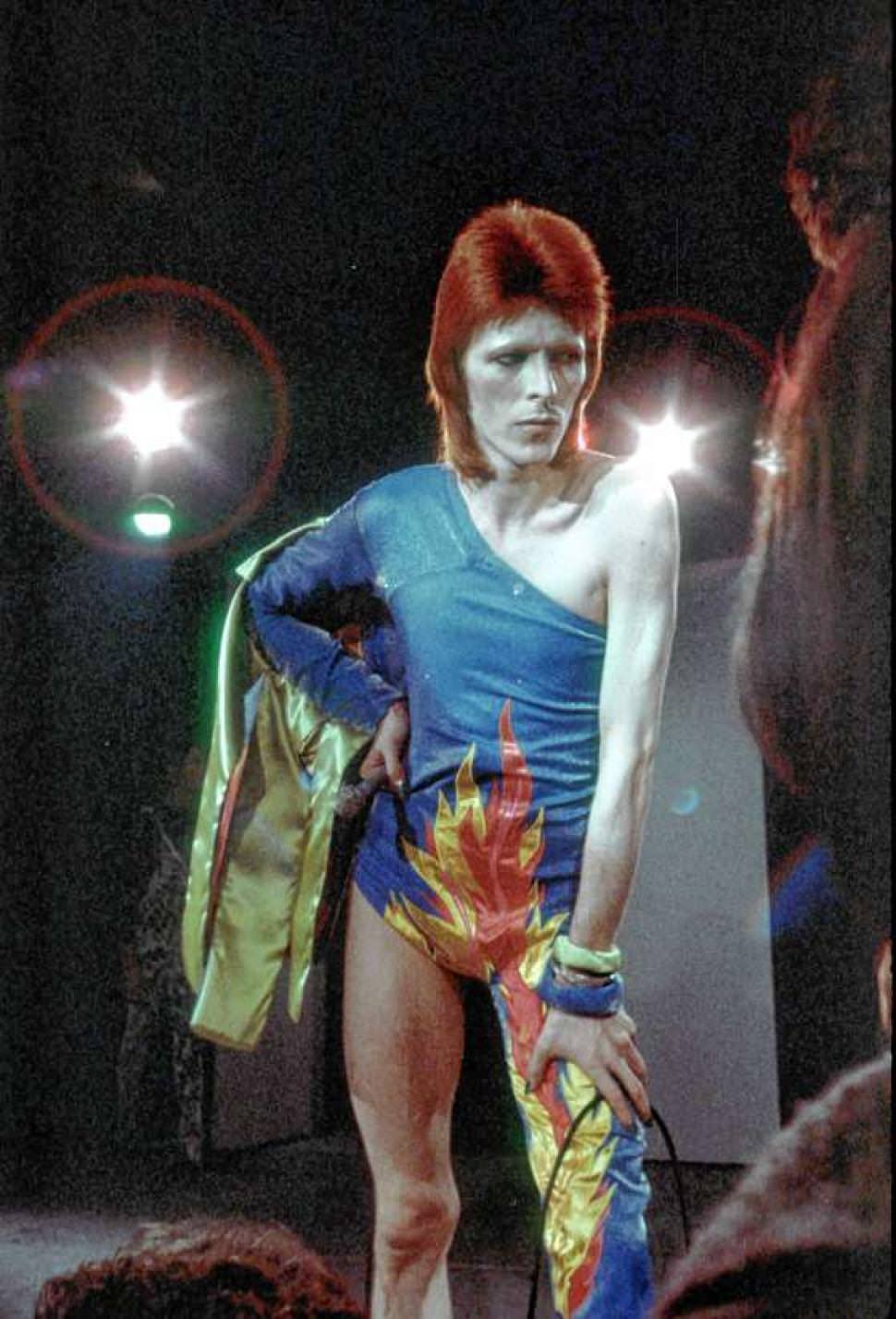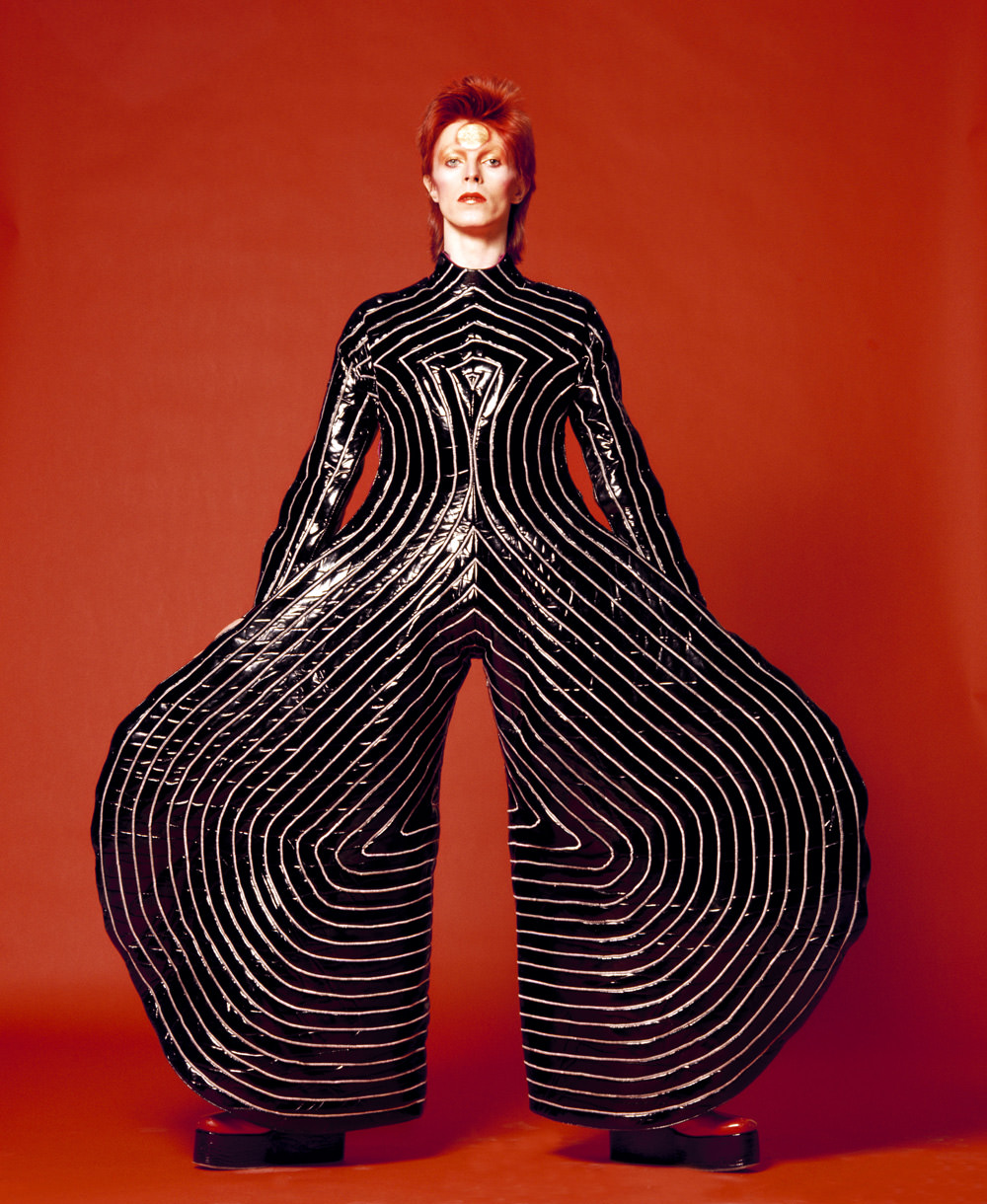Content warning: transphobia, sexism, cultural supremacy (esp in the first link, click with caution!)
In its Winter 2016 Issue the literary magazine The Antioch Review published Daniel Harris’s essay titled “The Sacred Androgen: The TransgenderDebate.” At the beginning of his essay Harris brings up the topic of the transgender experience as one might broach a topic at a fancy dinner party. He nervously presents a few nonspecific facts (eg: high rates of depression and suicide among transfolks).
In its Winter 2016 Issue the literary magazine The Antioch Review published Daniel Harris’s essay titled “The Sacred Androgen: The TransgenderDebate.” At the beginning of his essay Harris brings up the topic of the transgender experience as one might broach a topic at a fancy dinner party. He nervously presents a few nonspecific facts (eg: high rates of depression and suicide among transfolks).
He presents these facts like he’s testing the room. He wants
you, the reader, to know he’s hip, that he reads the news. Citing the facts seems
neutral enough. But, as many oppressed individuals know, the facts are never neutral.
By pre-empting his views with a three sentence patina of cold hard facts about
the suffering of others, he wants to show you he’s objective, that he has no skin
in the game, that his perspective is fully formed and informed.
I don’t have that luxury. As a transgender author and active
member of the literary community, my skin is always being dragged into the game
Harris wants to deny he is even playing. My conception of transgender experiences
is constantly being informed and re-formed. And I can’t write about the
experience of transgender people objectively. The facts hurt me too much. I can’t
write this from the perspective of society, only from myself.
I'm a transgender poet, nonfiction writer, and graduate
student in Antioch University's MFA program. I also work as a peer writing consultant at Antioch University Seattle. Although Antioch College (the
source of the publication in question) and Antioch University are no longer
officially affiliated, they share names and a lot of history. Even though these
institutions are not longer connected, I am ashamed that the university I
currently attend shares so much with an institution that now
supports such bigoted views. Harris's words threaten my very existence, as well
as to the work I do in validating and archiving transgender voices and
narratives in the literary landscape.
The essay itself made me physically sick to read. It was
sometimes so blatantly wrong the only thing I could do was laugh. (Did Harris
do ANY research?) The way he uses people's bodies and the choices they make
about those bodies to prop up his bigotry was absolutely horrifying.
The way he shames women and trans people for making surgical changes to their
bodies combines both sexism and transphobia into one revolting sour note of supremacy.
Yet beyond the reductive misinformation Harris espouses, the patronizing tone of the essay itself was deeply upsetting to me. As someone who writes
nonfiction, I simply can't understand writing something like that and not
realizing it's so condescending that it borders on parody. It's not just bad
politics. It's bad essay writing.
I'm offended by his words and also by the way he uses words.
No, not offended. I am actively harmed by the form and content of those words.
I am, however, more hurt by The Antioch Review. I know views
like Harris’s and the people who hold them exist. I am reminded all the time. I
am disappointed and appalled that The Antioch Review gave Harris a
platform. Not just because his polemic is obviously bigoted, but because I can
think of at least 10 transgender writers (myself included) who could've offered a more accurate, more engaging, and much better written. Yet it's
vocally transgender transgender writers whose work is labeled "divisive." It transgender writers whose work about their lives and culture, that get rejected or excluded from
so many literary spaces. Or those pieces don't get sent out from fear. Or because cisgender publishers neglected to solicit the opinions of trans people.
The Antioch Review’s promotion of the words in Harris’s essay,
more so than any of those words, is an enforcement and harsh reminder of the
fact that literary culture isn’t safe for transgender people, that is doesn’t want
our voices and our stories. It signals a tacit agreement with Harris, that
when transgender people ask to be recognized accurately, that we are
asking too much:
TGs [transgender individuals] have ambushed the debate and entangled us in a snare of such trivialities as the proper pronouns with which to address them, protocol as Byzantine and patronizing as the etiquette for addressing royalty
The words of the essay itself also generalize about
transgender experiences in a way that erases my identity as a trans masculine
genderqueer person. It ignores anybody with a non-binary gender and assumes all
trans people want to undergo or have gone through gender affirmation surgery. It’s from
this reductive assumption, that Harris claims trans people are enforcing gender
norms and that we are "running away" from homophobia, that we, en
masse, are trying to assimilate into heterosexual culture.
(this was one of the
parts where I had to laugh)
Harris’s framing of himself and his cisgender gay peers as
valiantly resistant to assimilation, and also as victims of purported bullying
at the hands of transgender activists who just want to be recognized as who
they are, is downright disgraceful. It's disgusting, self aggrandizing, and
disrespectful. It’s a naked moment of pushing someone else down to raise
yourself up. Harris's need to see himself as more right and more persecuted
(aka noble) than trans people has cost me my sense of security in the literary
community and has blocked his worldview off from the rich wisdoms, truths, and
stories of transgender people.
I fear for myself and my peers because of what he's said.
And I pity him. Because, through his own denial, he'll never know or want to
understand the beautiful and complex cultures, stories, and possibilities that
trans people create. And we create them daily dammit!
Shame on The Antioch Review. Pity for Daniel Harris.
Please sign this petition denouncing the Antioch Review’s promotion
of transphobic content.




